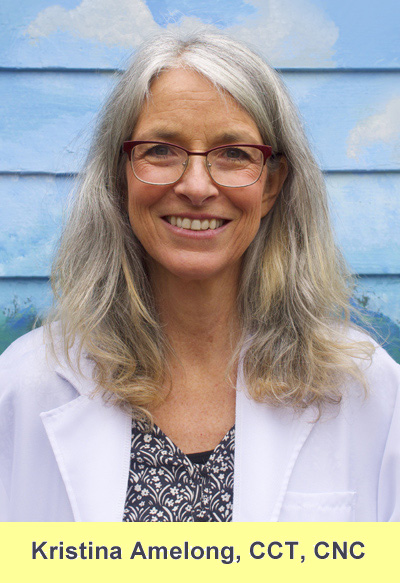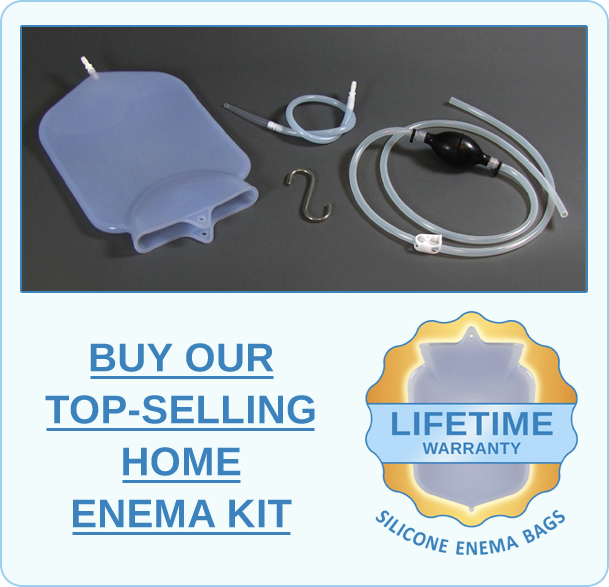The Most Important Nutrient
by Stephanie Carnes
OHN Contributor
Most people have been erroneously convinced that fats and oils are damaging to one’s health. This is a lie. Unfortunately, the importance of fats and oils in the human diet has only become widely recognized within the last few years. Fats and oils are our most important nutrient!
If we think logically, we know this. We live in a fat-phobic world where fat is one of only three macronutrients: carbohydrates, protein and fats. We need all of these three macronutrients. Fats are the macronutrient that allows us to feel full, to minimize food cravings, and to most fully meet the energy needs of our organs. Our bodies use fats as a supply and store of energy: a gram of fat contains more than double the amount of energy present in a gram of carbohydrate.
Why is sufficient fat and oil consumption necessary for optimal health?
Healthy fats and oils replenish our cellular membranes with needed nutrients. It is the fats that keep our cell walls strong. By maintaining the structural integrity of our cells, fats promote the full functioning of our rebuilding and cleansing mechanisms. Toxins, in order to leave our bodies, need to be taken from the cells and bound to a carrier of toxins. Most cleansing programs only carry toxins out of the main circulation. How do we get toxins out of the places where they are stored? Eat high-quality, raw fats.
Fats are binding agents. Fats bind toxins more than any other substance. Most of us don’t and haven’t ingested enough high-quality fat over the years to safely remove the toxins that are stored in our bodies. This is an absolutely essential reason to increase your fat and oil intake.
Does it matter if they are raw or cooked?
It is important to eat a large amount of your healthy fats and oils raw. Raw fats are crucial for health because they contain lipase, the fat-splitting enzyme. Lipase prepares the fat you eat so that it may be utilized by the cells and the organs. Without sufficient lipase in your body, your body cannot properly utilize the fats that you eat and your pancreas becomes overworked.
What about saturated fats?
Saturated fats from animal sources—portrayed as the enemy by the United States Food and Drug Administration and consequently by American culture—give the body the raw materials it demands from us in order to be optimally healthy. Saturated fats form an important part of the cellular membrane by giving the cellular membrane rigidity; they protect the immune system and enhance the utilization of essential fatty acids.
Saturated fats are needed for the proper development of the brain and nervous systems. Low-fat diets contribute to depression, because our brain is made out of fat. There is a high-fat diet used by the medical community to control seizures. This diet consists of 80% fat and is known to work better than drugs. Additionally, our liver is made of 80% fat. You must eat raw fat in order to regenerate your organs.
Isn’t lowering my cholesterol levels a good thing?
High cholesterol is not the cause of heart disease. In spite of the official advice that tells us to lower the amount of saturated fat in our diet, we still have an epidemic amount of heart disease!
Cholesterol, a saturated fat we are all familiar with, is the precursor to bile acids, which are needed to digest and absorb long-chain fatty acids. Cholesterol is also recognized for its physiological importance in the skin and the intestines where it plays an important structural role as a component of the organ membranes. Cells lining the digestive tract are particularly rich in cholesterol. Among its other various roles in the cell are the signaling activities that, for example, tell the gastrointestinal musculature when to contract.
“I don’t know how many people I have seen relieved of their chronic constipation, as well as any related Irritable Bowel Syndrome (IBS), when they finally ate enough cholesterol in their daily diet,” states Kristina Amelong, creator of the Optimal Health Network. She advises [for people who are chronically ill], "It is possible that you may need to start with at least one stick of raw butter a day, along with copious amounts of cod liver oil, raw cream, avocados, and coconut oil.”
Will eating more fat make me gain weight?
The answer in short: No! Not if you're eating the right kinds of healthy fats needed by the body for nourishment and detoxification. Our livers—and not our food—make the cholesterol that our body uses for repair. Foods high in cholesterol help to repair the liver. As the body heals, it needs more cholesterol to repair the liver and to replace broken-down cells.
Even the Framingham studies, which the pharmaceutical companies use to promote cholesterol-lowering drugs, show that the higher the cholesterol level and the more fat in the diet, the longer the study participants lived and the more optimally the participants weighed!
Healthy vs. Unhealthy Fats
Even though fats are a nourishing food, there are fats that are damaging to the human body. The following newly used fats are not to be used in your diet, as they will cause many health imbalances over time. These imbalances can include but are not limited to cancer, heart disease, immune system dysfunction, sterility, learning disabilities, growth problems and osteoporosis.
Fats to Avoid:
- All hydrogenated oils such as margarine Soy, corn, and safflower oils
- Cottonseed oil
- Canola oil
- All fats heated to very high temperatures in processing and frying
- Bleached and deodorized oils
- Avocado
- Black Currant Oil
- Borage Oil
- Butter, grass-fed raw
- Caviar
- Coconut Oil
- Cod Liver Oil
- Egg Yolks, organic and raw
- EPA Fish Oil
- Evening Primrose Oil
- Flax-Seed Oil
- Fortified Flax
- Ghee, raw
- Grapeseed Oil
- Nuts, soaked raw (not peanuts), very high in omega 6—use sparingly
- Nut Butters, raw (not peanut butter), very high in omega-6, use sparingly
- Olives, non-hybrid
- Olive Oil, organic, expeller-pressed extra virgi
- Raw or rare grass-fed buffalo or beef
- Raw or rare ostrich or elk
- Raw or rare fish
- Seeds, soaked
- Sesame
- Tahini
Adopting a New Normal
The transition to healthy eating involves a change in food buying patterns, more at home preparation and cooking. Incorporating more healthy fats into your diet will provide the essential nutrients for cellular membranes, hormones and hormone-like substances. Fats are also the best tool for keeping blood sugar balanced and are high in essential nutrients needed to fight toxins and rebuild healthy, vibrant cells.
If you fall back into previous unhealthy eating habits, you’ll be able to notice a difference in how you feel. In a way, bad eating habits will be self-correcting if you prefer health over the yucky feeling that occurs when you eat the wrong foods.
SOURCE: Ten Days to Optimal Health (Amelong 2006)
Labels: healthy fats, saturated fat and cholesterol, Ten Days to Optimal Health









0 Comments:
Post a Comment
<< Home